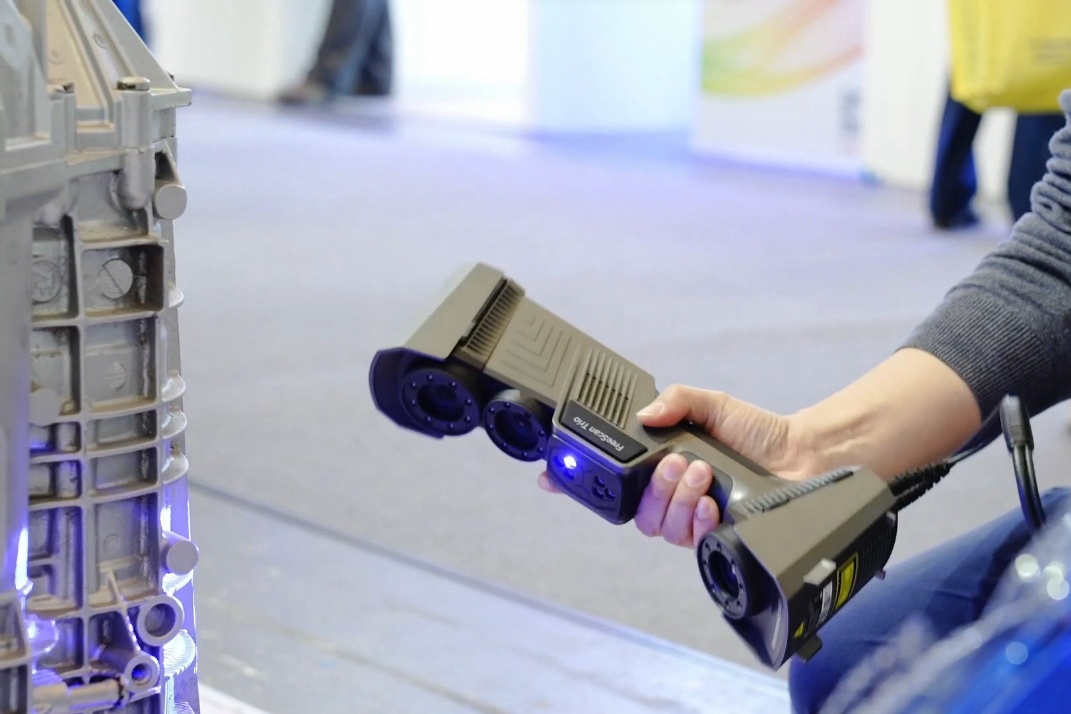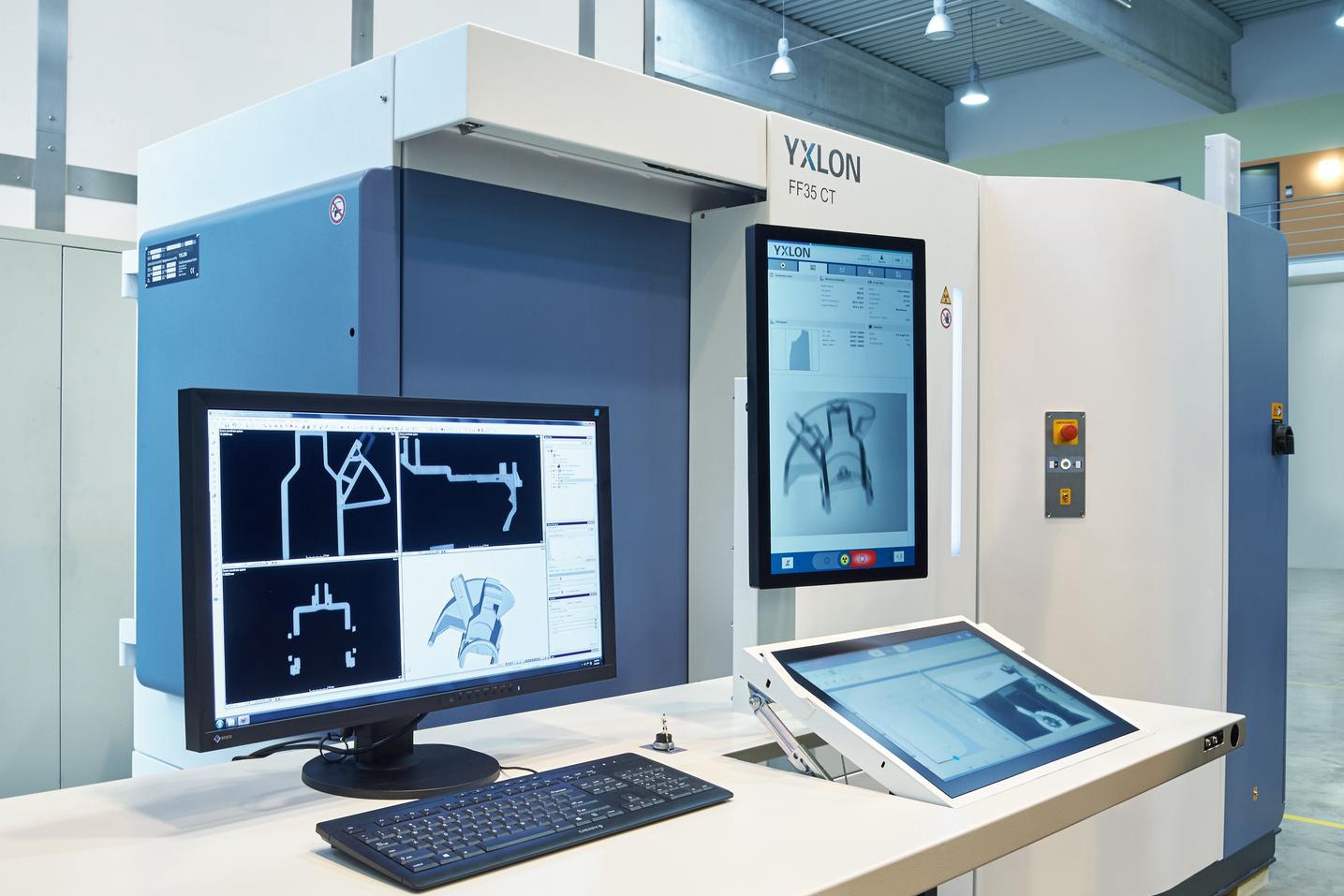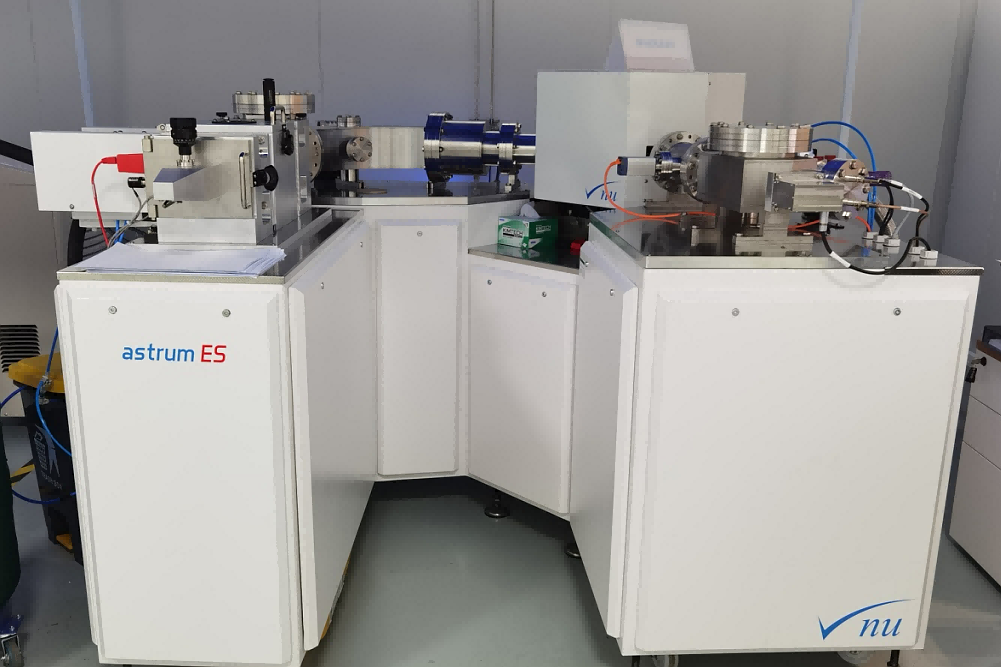Optimizing Custom Parts Manufacturing with the PDCA Control System
Introduction
In today’s competitive landscape, custom parts manufacturing demands a high level of process control to meet the precision, consistency, and performance expectations of global industries. Implementing a systematic methodology like the Plan-Do-Check-Act (PDCA) control system enables manufacturers to continuously enhance production quality while reducing variability and inefficiencies.
At Neway, the PDCA approach is fully embedded within its custom parts manufacturing service, driving measurable improvements across prototyping, low-volume production, and full-scale manufacturing. By applying this iterative framework, Neway optimizes every phase of the manufacturing workflow, from initial planning through execution, quality verification, and continuous refinement.
This article examines how Neway leverages the PDCA control system to elevate custom manufacturing performance. It outlines key strategies and practical outcomes that demonstrate how structured process improvement delivers enhanced product quality, shorter lead times, and greater customer satisfaction.

What is the PDCA Control System?
The PDCA (Plan-Do-Check-Act) control system is an iterative management methodology designed to facilitate continuous improvement in manufacturing environments. It enables structured problem-solving and fosters a proactive culture of quality enhancement. Each phase of PDCA serves a distinct purpose: Plan establishes objectives and process baselines; Do implements the plan under controlled conditions; Check measures outcomes against expectations; and Act standardizes successful practices while identifying further opportunities for refinement.
In custom parts manufacturing, PDCA is particularly effective when applied across diverse production technologies. For instance, in cnc machining processes, it supports iterative optimization of tool paths, feed rates, and material removal strategies to achieve tighter tolerances and improved surface finishes. In plastic injection molding, PDCA facilitates parameter tuning for cycle time reduction and dimensional stability. Similarly, within die casting operations, PDCA helps refine gating designs, mold temperature control, and post-casting treatments to minimize defects and enhance mechanical properties.
By applying PDCA systematically across these varied processes, manufacturers can achieve consistent quality improvements, reduce production variability, and enhance overall operational efficiency. The framework’s adaptability makes it suitable for both high-mix low-volume projects and large-scale production runs in custom manufacturing environments.
How PDCA Enhances Custom Parts Manufacturing Processes
Plan: Defining Customer Requirements and Manufacturing Specifications
The success of any custom parts manufacturing project begins with precise planning. In the PDCA cycle, the Plan phase involves gathering detailed customer requirements, defining manufacturing specifications, and establishing quality objectives. For industries such as aerospace, manufacturers must meet strict standards for fatigue resistance and dimensional accuracy. Similarly, medical device components require compliance with regulatory standards and biocompatibility. In automotive applications, durability, weight optimization, and surface aesthetics are key considerations. The Plan phase translates these unique industry demands into actionable production strategies.
Do: Implementing Efficient and Controlled Production
During the Do phase, production teams execute the plan using validated manufacturing processes. In cnc machining prototyping, precise programming and toolpath optimization ensure the accuracy of machined parts. For complex geometries and material requirements, metal injection molding (MIM) offers an efficient solution for producing intricate features with excellent mechanical properties. Meanwhile, 3d printing prototyping enables rapid iteration and design flexibility, especially valuable during product development stages. Throughout the Do phase, process parameters are closely monitored to maintain quality and consistency.
Check: Real-time Quality Monitoring and Inspection
In the Check phase, manufacturers verify that production outcomes align with established quality goals. Dimensional accuracy is validated through advanced techniques such as CMM inspection, ensuring components meet specified tolerances. For critical applications or parts with complex internal features, 450kV industrial CT defect inspection provides a non-destructive method to detect internal defects, porosity, and structural anomalies. This rigorous inspection phase ensures that only conforming parts proceed to delivery or further processing.
Act: Continuous Improvement Based on Feedback
The final Act phase focuses on refining processes based on feedback from inspections, performance testing, and customer input. For instance, surface finishing techniques such as polishing are continuously optimized to enhance surface quality and aesthetic appeal. In applications where corrosion resistance and surface durability are paramount, treatments like anodizing are fine-tuned for optimal performance. By systematically applying insights gained through the PDCA cycle, manufacturers drive ongoing improvements in product quality, process efficiency, and customer satisfaction.
Case Study: Applying PDCA in CNC-Machined Aerospace Components
Initial Customer Requirement and Planning Stage
An aerospace client required high-precision structural parts featuring thin-wall sections and complex geometries with tolerances within ±0.01 mm. During the Plan phase, the engineering team worked closely with the client to analyze design specifications and define quality benchmarks. Process capability was aligned with existing aerospace sheet metal fabrication practices to ensure compliance with fatigue resistance and dimensional accuracy requirements.
Execution and Quality Verification
In the Do phase, optimized machining strategies were implemented using multi-axis milling technology. Advanced toolpath programming enabled precise machining of intricate surfaces and angular features. Real-time process monitoring ensured that machining remained within specified tolerances, while adaptive fixturing minimized part distortion.
Results and Continuous Improvement
By systematically applying the PDCA methodology, the project achieved a 15% increase in dimensional yield and a 12% reduction in cycle time. These improvements were driven by iterative adjustments to machining parameters and fixture designs based on in-process inspection results. The success of this approach led to broader adoption of PDCA-driven optimization across Neway’s cnc machining services, enhancing quality and operational efficiency in subsequent aerospace programs.
How Neway Implements PDCA Across Manufacturing Services
Integrated Process Management in Multi-Process Manufacturing
At Neway, the PDCA methodology is integrated across a wide range of manufacturing services to ensure consistent quality and process optimization. For projects requiring multi-process workflows, such as combining precision casting with sheet metal fabrication, the Plan phase establishes clear process flow diagrams and quality checkpoints for each stage. This ensures seamless coordination between departments and minimizes potential quality risks during process transitions.
During the Do phase, each manufacturing cell follows standardized work instructions derived from validated process plans. Quality is continuously monitored using statistical process control (SPC) tools, with immediate feedback loops to address any deviations. Cross-process alignment is maintained through regular inter-departmental reviews, ensuring that final parts meet both dimensional and functional requirements.
Cross-functional Team and Data-driven Improvement
Neway’s continuous improvement efforts are driven by cross-functional teams that leverage advanced inspection technologies to validate process performance. In the Check phase, non-contact metrology such as 3d scanning provides comprehensive data on part geometries, enabling detailed analysis of dimensional trends and identifying potential process improvements.
The Act phase uses this inspection data to refine process parameters, tooling designs, and inspection strategies. Insights gained are shared across production teams through structured knowledge management systems, promoting a culture of continuous learning and improvement. This systematic application of PDCA across diverse manufacturing services enables Neway to deliver consistently high-quality custom parts, optimized for performance, reliability, and manufacturability.
Conclusion
The PDCA control system is a proven methodology for driving continuous improvement in custom parts manufacturing. Its structured approach enables manufacturers to systematically enhance quality, reduce variability, and optimize production efficiency across diverse technologies and industries.
At Neway, the PDCA framework is embedded throughout its custom parts manufacturing service, from initial planning to final inspection. By leveraging real-time data, cross-functional collaboration, and iterative process refinement, Neway consistently delivers components that meet the highest standards for precision and performance.
As demonstrated through practical applications across machining, casting, and fabrication services, the PDCA methodology provides a scalable, adaptable foundation for operational excellence. To learn more about how PDCA can optimize your next project, visit Neway’s insights on the PDCA control system in custom manufacturing.



